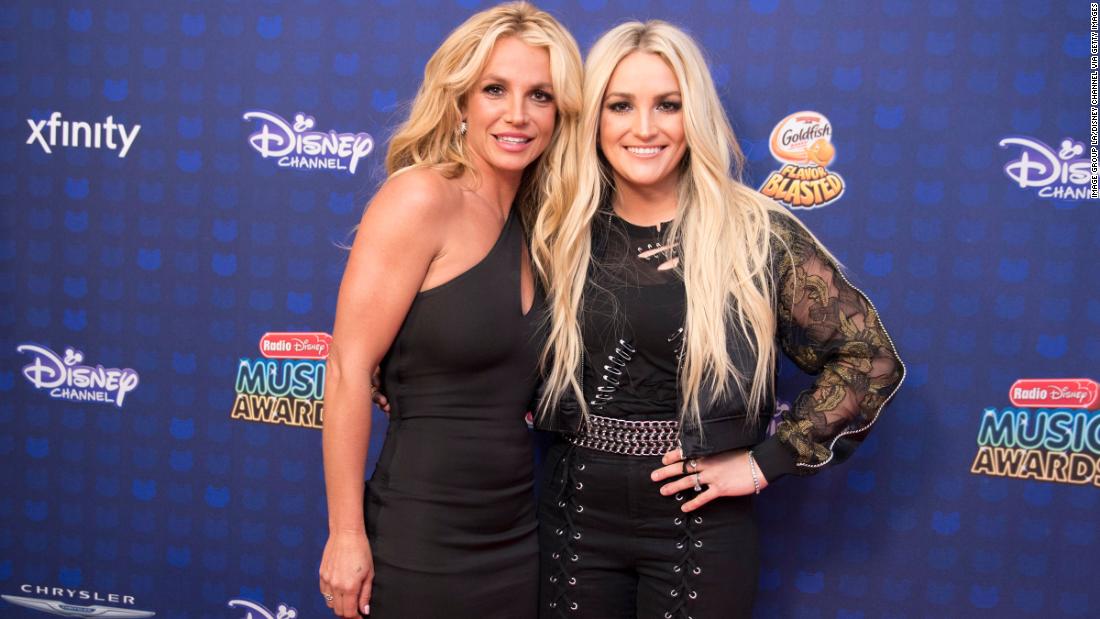The Power of Representation in Film and Television
In today's society, film and television play a significant role in shaping our perspectives and influencing our thoughts. The power of representation in these mediums cannot be understated. Representation refers to the portrayal of diverse characters, cultures, and experiences on screen. It is an essential aspect of storytelling that allows individuals from various backgrounds to see themselves reflected and validated in popular media. This article explores the impact of representation in film and television, highlighting its significance and the positive effects it can have on society.
In recent years, there has been a growing demand for diverse and inclusive storytelling in film and television. The lack of representation in mainstream media has perpetuated stereotypes and created a sense of invisibility for marginalized communities. However, there has been a shift towards more inclusive content, allowing underrepresented groups to see themselves represented on screen. This article delves into the importance of representation and its transformative power in shaping societal norms.
The Importance of Representation
Representation is crucial as it allows individuals from different backgrounds to feel seen and heard. When people see characters on screen who look like them, share similar experiences, and face relatable challenges, it fosters a sense of belonging and validation. This sense of representation has a profound impact on self-esteem, identity formation, and overall well-being.
Breaking Stereotypes
One of the key benefits of representation is the opportunity to break stereotypes. In many instances, film and television have perpetuated harmful stereotypes by portraying certain groups in a narrow and often negative light. By challenging these stereotypes and presenting diverse narratives, representation can reshape societal perceptions and challenge biased assumptions.
Promoting Diversity and Inclusion
Representation in film and television is a powerful tool for promoting diversity and inclusion. It allows for the celebration of different cultures, ethnicities, genders, and sexual orientations. When stories from various backgrounds are shared, it fosters a greater understanding and appreciation for the richness of human experiences.
Empowering Marginalized Communities
For marginalized communities, representation can be a source of empowerment. Seeing characters who share their struggles and triumphs can provide a sense of hope, resilience, and inspiration. It shows that their stories matter and deserve to be told. Representation allows individuals to see themselves as protagonists in their own narratives, rather than mere side characters or stereotypes.
Building Empathy and Understanding
Representation plays a vital role in building empathy and understanding among different communities. By witnessing diverse experiences on screen, viewers can develop a deeper understanding of the challenges faced by others. This increased empathy leads to more inclusive and compassionate societies.
The Responsibility of Filmmakers and TV Producers
Filmmakers and TV producers have a significant responsibility in shaping the narrative landscape. They have the power to influence public opinion, challenge societal norms, and inspire change. It is crucial for them to embrace diversity and ensure that stories from all backgrounds are given equal representation and opportunities.
Challenges and Progress
While progress has been made in terms of representation, there are still challenges that need to be addressed. Lack of diversity in behind-the-scenes roles, limited access to funding for diverse projects, and the perpetuation of certain stereotypes are some of the obstacles that need to be overcome. Continued efforts and advocacy are necessary to create lasting change.
Impact on Audience Perception
The representation of diverse characters and narratives in film and television has a direct impact on audience perception. When people are exposed to different perspectives, it broadens their worldview and challenges preconceived notions. This exposure leads to a more inclusive and accepting society.
Inspiring Future Generations
Representation in film and television has the power to inspire future generations. When young individuals see characters who look like them pursuing their dreams and overcoming obstacles, it instills a sense of possibility and ambition. It encourages them to believe in their own potential and strive for success.
The Importance of Representation
Amplifying Marginalized Voices
Representation provides a platform for marginalized communities to share their stories and experiences. By showcasing a diverse range of characters and perspectives, film and television can amplify voices that have historically been underrepresented or misrepresented. This inclusion allows for a richer, more accurate portrayal of society, promoting inclusivity and social progress.
Breaking Stereotypes
One of the significant impacts of representation is its ability to challenge and break stereotypes. By presenting characters that defy conventional expectations, the media can combat harmful biases and preconceptions. For example, featuring strong, capable female leads in traditionally male-dominated roles sends a powerful message of empowerment and equality.
Building Empathy and Understanding
Representation plays a crucial role in fostering empathy and understanding among viewers. When audiences are exposed to narratives that depict the struggles, triumphs, and complexities of different communities, it humanizes them. By sharing these stories, film and television have the potential to bridge divides, promote dialogue, and cultivate a more compassionate society.
The Impact of Representation
Shaping Identity and Self-Worth
Representation in film and television significantly influences individuals' sense of identity and self-worth, particularly among marginalized groups. Seeing characters who share their backgrounds and experiences portrayed positively can bolster self-esteem, instill a sense of belonging, and provide role models to aspire to. This positive reinforcement can have a profound impact on personal development and empowerment.
Influence on Social Perception
The media's portrayal of diverse characters and narratives shapes societal perceptions and attitudes. By presenting diverse communities in multidimensional and authentic ways, film and television can challenge biases, reduce prejudice, and promote acceptance. On the other hand, negative or stereotypical representations can perpetuate harmful stereotypes and contribute to discrimination and marginalization.
Inspiring Future Generations
Representation in film and television has the power to inspire future generations of storytellers, actors, and creators. When young individuals see themselves represented on-screen, it sparks their imagination, ignites their passions, and encourages them to pursue careers in the industry. By diversifying the voices behind the camera, we can create a more inclusive and representative landscape for the future.
The Evolution of Representation in Film and Television
From Tokenism to Authenticity
In the past, representation often fell into the trap of tokenism, where characters from marginalized communities were included merely for the sake of diversity. However, there has been a gradual shift towards more authentic and nuanced portrayals. The industry is recognizing the importance of telling stories that reflect the complexity and richness of real-life experiences.
Diversifying Behind the Scenes
True representation goes beyond the on-screen presence of diverse characters. It also involves diversifying the creative teams, production crews, and decision-makers behind the scenes. By including individuals from different backgrounds and perspectives in the filmmaking process, the industry can ensure a more accurate and authentic representation of diverse stories.
The power of representation in film and television cannot be underestimated. It has the ability to shape societal norms, challenge stereotypes, and promote diversity and inclusion. By ensuring that stories from all backgrounds are given equal opportunities, we can create a more inclusive and empathetic world. The journey towards full representation is ongoing, but the positive impact it has on individuals and communities is undeniable.








 English (US) ·
English (US) ·